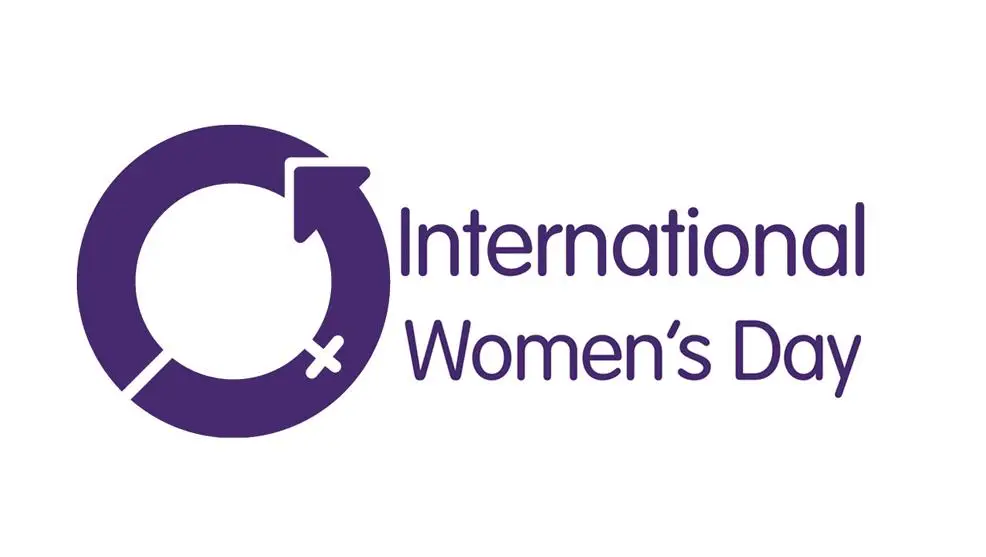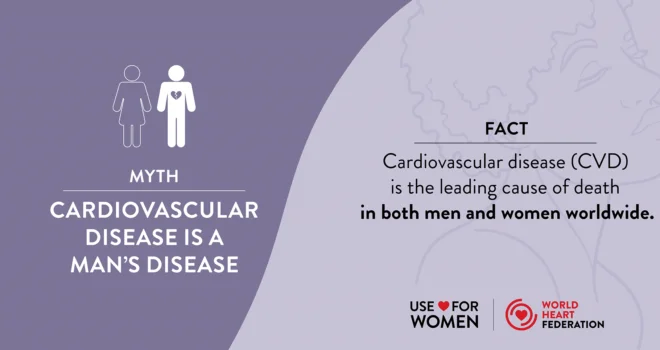
Today is International Women’s Day, an opportunity to celebrate the social, economic, cultural and political achievements of women, as well as a global call to action for accelerating gender equality.
When it comes to heart disease, women are still being left behind. A study published in the Journal of the American Heart Association last year found that women are up to three times more likely to die following a serious heart attack than men because of receiving unequal care and treatment. From their very first point of contact with healthcare professionals, women are less likely to receive the same diagnostic tests, leading to them being 50% more likely to be initially misdiagnosed. Despite this, most people associate heart attacks with men and treatment guidelines are primarily based on data collected from men.
Worldwide, leading causes of maternal mortality, such as hemorrhage and infection, are declining. Yet, maternal heart disease is increasing. In western countries, maternal heart disease is now the leading cause of maternal mortality and is likely to increase further due to the trend to delay motherhood until later life and the rise in medical co-morbidities including diabetes, hypertension and obesity. In low-to-middle income country rheumatic heart disease, unoperated congenital heart disease and cardiomyopathies are the most important contributors.
Women are dying because they are not receiving proven treatments to save lives after a heart attack. We urgently need to raise awareness of this issue as it’s something that can be easily changed. By simply ensuring more women receive the recommended treatments, we’ll be able to help more families avoid the heartbreak of losing a loved one to heart disease.
The World Heart Federation is committed to empowering and supporting women so they can lead heart healthy lives, and we encourage our members and partners to join us in taking this day as an opportunity to think about how we can help more families avoid the heartbreak of losing a loved one to heart disease.


